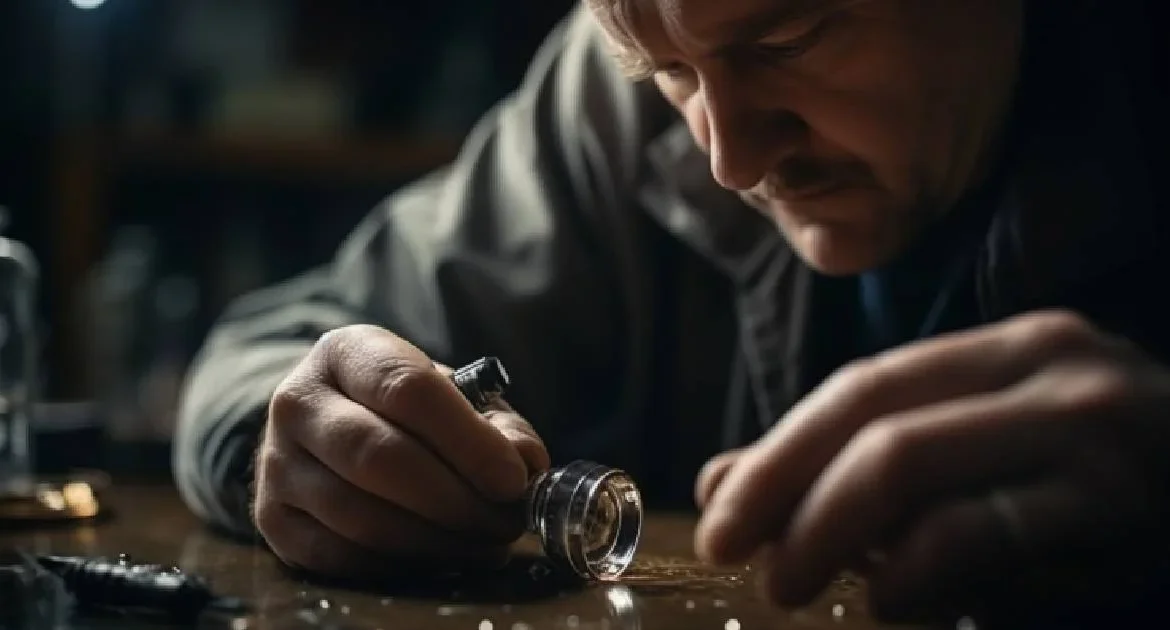Jewelry holds not just sentimental value but often significant monetary worth. Whether you’re looking to insure your precious pieces, settle an estate, or simply curious about their current value, a jewelry appraisal can provide you with crucial information. However, before you entrust your treasures to an appraiser, there are several key aspects you should be aware of. In this guide, we’ll explore what you need to know before getting a jewelry appraisal.
- Choose a Qualified Appraiser: Not all appraisers are created equal. It’s essential to select a qualified professional with recognized credentials. Look for individuals who are certified gemologists or hold accreditation from reputable organizations such as the Gemological Institute of America (GIA) or the American Gem Society (AGS). A qualified appraiser will have the knowledge and expertise to accurately assess the value of your jewelry.
- Understand the Purpose of the Appraisal: Different appraisals serve different purposes. Whether you need an appraisal for insurance coverage, estate settlement, resale, or curiosity, communicate this clearly to the appraiser. The intended use will impact the appraisal process and the information included in the appraisal report.
- Provide Detailed Information: To ensure an accurate assessment, be prepared to provide detailed information about the jewelry being appraised. This includes any certificates of authenticity, receipts, or previous appraisals. Information about the metal type, gemstone quality, and any historical or sentimental significance can all impact the appraisal value.
- Ask About the Appraisal Method: Appraisers may use different methods to determine the value of your jewelry. The most common methods are the market approach, cost approach, and income approach. Understanding how the appraiser will assess your jewelry’s value will give you insight into the final appraisal figure.
- Beware of Conflicts of Interest: Appraisers should remain impartial and objective. Avoid appraisers who also buy or sell jewelry, as this could create a conflict of interest. An independent appraiser is more likely to provide an unbiased and accurate valuation.
- Review the Appraisal Report: The appraisal report is a crucial document that outlines the details of the assessment. Make sure to review it carefully, checking for accurate descriptions of your jewelry, including any flaws or damage. If something seems amiss, don’t hesitate to seek clarification from the appraiser.
- Keep Your Appraisal Updated: Jewelry values can fluctuate over time due to market trends, inflation, or changes in demand for certain gemstones and metals. It’s advisable to have your jewelry appraised periodically, especially if it’s been a few years since the last assessment.
A jewelry appraisal is a valuable tool for understanding the worth of your cherished pieces. By choosing a qualified appraiser, understanding the purpose of the appraisal, providing detailed information, and staying informed about the process, you can ensure a reliable and accurate assessment. Taking the time to follow these guidelines will not only give you peace of mind but also help you make informed decisions regarding your jewelry.



